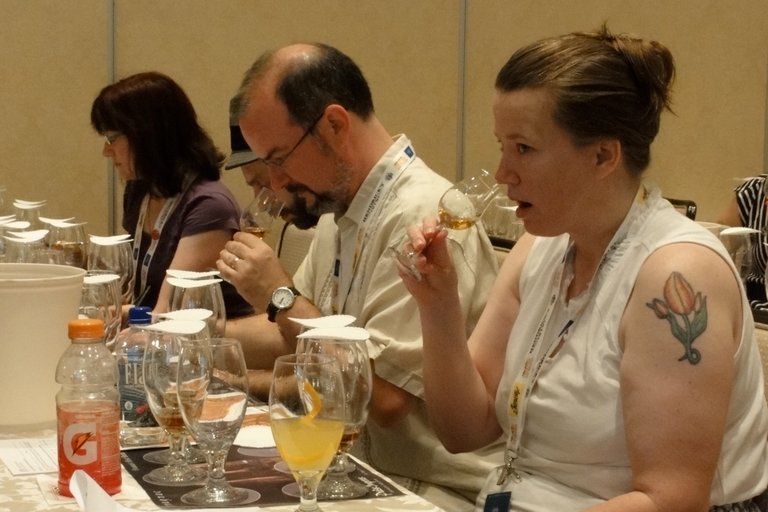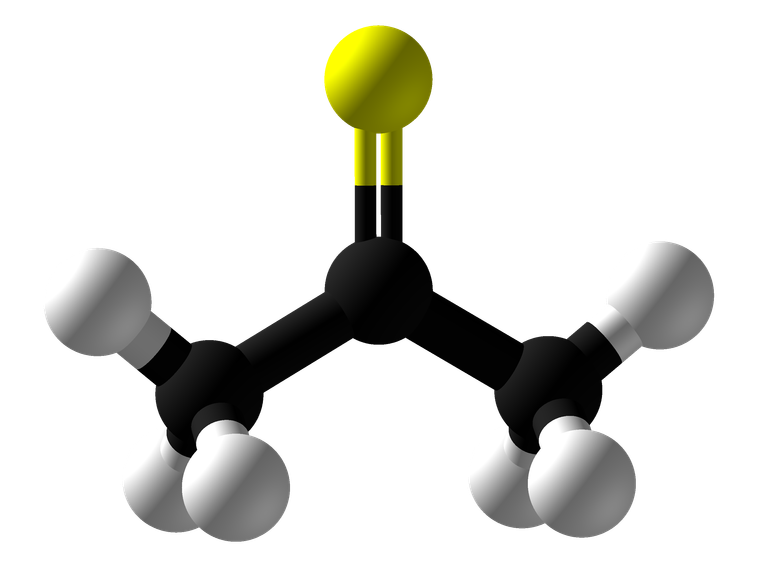There were a lot of things we had to learn about Covid and one of them is that it had this weird ability to take away one sense in our body which was the sense of smell. Covid is not the only disease or condition that turns off one or more of our important senses but scientists are still looking into why people who suffered from the disease had temporary loss of smell or anosmia.
Why not having a good sense of smell can look like a bad thing, it would be better off in that condition for just a few seconds than to inhale Thioacetone which is regarded to have the worse smell in the universe. Before we give it that trophy, let me ask what the worst smell you have inhaled? When you think of that smell, there is a high chance you would move your nose and it would somehow affect your emotions even if it is for a millisecond.
We understand that smell occurs when an odor binds with the receptors in our nasal cavity which then sends it to the olfactory receptor and then sends it to be interpreted by the glomerulus which gather the info to give smell. A lot of theories have been made when it comes to smell like the Docking theory of Olfaction which mentions a smell molecule key and its fitting into a receptor lock in the nose where each of the receptor is either on or off and which ever receptor is opened tells the brain what smell to interpret.
This isn't the only theory when smell is concerned, there is the Odotope theory where different smell molecules fit into several receptors but the brain is able to interpret them depending on the chemical released. The vibration theory is another one where receptors interpret the vibration of molecules at the atomic level but this theory is controversial.
It is possible for us to measure the concentration of a smell, but it would be difficult to measure if a smell is good or bad because while gasoline smell can be annoying to someone, another person might just like it all the way. Back to our Thioacetone, In 1889, scientist in Germany were working on Trithioacetone which is used as flavoring in some candies but while working on the compound, they broke it to become Thioacetone. Its smell is profound and the scientist spill a little while making it and the smell moved so fast that those close to it didn't know how serious the smell was and by the time they noticed, people were already vomiting and other passing out. People were quickly evacuated from the building and the environment around.
This wasn't all about the molecule because it appeared again in 1967 in England when Victor Burnoff and Kenneth Latham experimented on ThioKetones only to break compounds to form Thioacetone and they left the residue opened for a few seconds and this led to a very disturbing smell and Nausea for people as far as over 200 yards away and the smell clung to cloth, hair, and things around.
The reason why this is so is because of the Sulfur molecule in the compound. The nose is great at smelling sulfur and Thioacetone are sulfur analog of alcohol. Also, we smell sulfur almost all the time especially with rotten things. The importance of our senses is to keep us alive and that is just what the nose which is one of the senses is doing.
REFERENCE
https://www.uclahealth.org/news/article/covid-19
https://www.odditycentral.com/news/theres-stench
https://www.mentalfloss.com/article/623739/relieve-stress-with-comfort-smelling
https://pmc.ncbi.nlm.nih.gov/articles/PMC2908748/
https://www.thejournal.ie/bad-smell-france-england-765193-Jan2013/
https://www.nytimes.com/2020/02/17/science/worst-odor-smell-thioacetone.html


Why are you writing in italics though? It makes for a difficult read.
Thanks for your contribution to the STEMsocial community. Feel free to join us on discord to get to know the rest of us!
Please consider delegating to the @stemsocial account (85% of the curation rewards are returned).
Thanks for including @stemsocial as a beneficiary, which gives you stronger support.